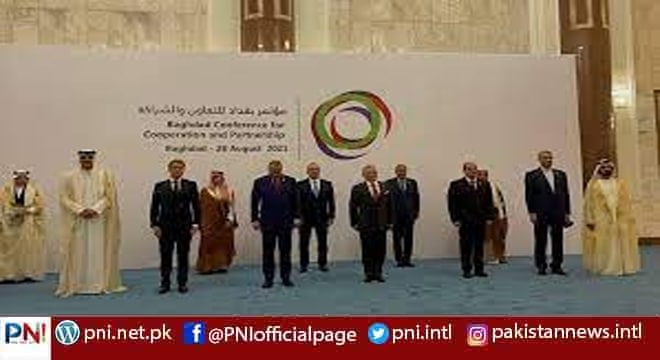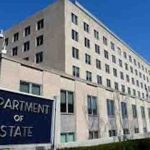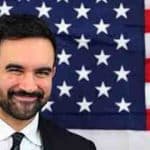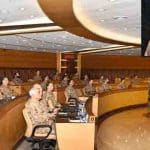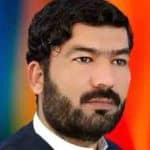ISLAMABAD, Jul 27, 2022(Online): The Institute of Regional Studies organised a 1 day International Conference titled, Iran’s Neighbourhood Policy: Understanding the Multipronged East-West Approach. Fraz Naqvi from IRS opened the Conference on the note that it was faulty to contend that Iran was only consumed with its western side, i.e., the Middle East. He said that the changing geopolitical scenario, had placed Iran in a position where it had to simultaneously focus on its
westward and eastward policy.
The conference featured international speakers and aimed at highlighting Iran’s role in its East and West.
Dr. Abdolrasool Divsallar while speaking on Iranian policy in the Persian Gulf stated that the mind-set in Tehran was mostly dominated by the security threats that Iran received while its behavior in
the Persian Gulf was influenced by those security threats.
He added that Iran had designed its policies in the Persian Gulf through three means, i.e., diplomatic balancing, strategic deterrence, and countering the exclusion approach by the US along with its regional allies.
Mr. Satar Jabbar Rehman argued that the bureaucracy of the bourgeoisie was controlling Iran, which included religious leaders. The existence of the US forces in the Middle East made Iran vulnerable in security terms. He further stated that both Iran and the US were responsible for the instability in the region.
The increased utilization of militias, both directly and indirectly, was the evidence of how these powers were entangled in the hegemonic competition. Elaborating the legal perspective on Helmand river dispute between Iran and Afghanistan, Dr. Ali Mehrpour stated that Afghanistan had the upper hand in case of Helmand River. He added that in order to have good relations with Taliban, there was a Iran needed to resolve such outstanding disputes with Afghanistan.
Dr. Mani Mehrabi from Iran discussed Iran’s shift towards geo-economic and its interdependent regional policy. He argued that with changing regional dynamics and the decline in the threat level from factors like ISIS and Taliban, Iran began focusing more on its economy and had established good relations with its neighbours. He elaborated that the idea this neighbourhood policy was based upon collective regional development so as to cultivate ties with strong neighbouring states.
Dr. Ana Belen Soage from Spain talked about the Iran’s role in Afghanistan. She stated that Iran had played a double game in the past to keep the western powers busy in the region by helping the government on one end and supplying weapons to the Taliban on the other. After the triumph of the Taliban, Iran adopted “realpolitik” by sending delegations to the Taliban government for the establishment of trade between the two countries. In order to remain engaged in regional proceedings and obtain trade benefits, it was imperative for Iran to refocus on its eastern side as well.
Dr. Marian Duris from Belgium presented the European viewpoint on Iran’s cooperation with multilateral organizations. He highlighted that previously, Iran used its strategic location for its own economic and geopolitical benefit to a greater extent. Many projects in which Iran participated like ECO and SCO or would participate in the future brought not only the short-term advantages but also allowed Iran to reap sustainable long term benefits as well.
Follow the PNI Facebook page for the latest news and updates.


